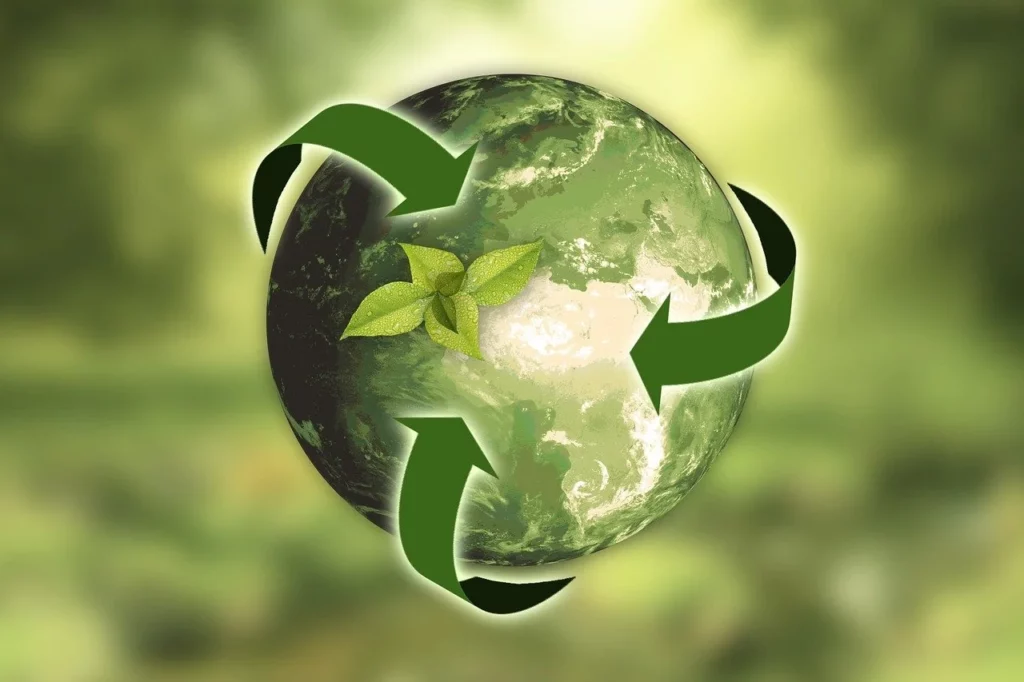Most domestic and foreign corporations, which are positioned at the top of the economic supply chains in terms of size and significance and which increasingly impose strict sustainability standards on the other firms in the supply chain, are finding that a sustainable supply chain is an important component of successful corporate governance.
This trend is unavoidable as a result of economic globalization, and it has never been more crucial because business decisions about sustainability will have an ever-greater impact on supply chains that have grown more global.
Being sustainable entails reconsidering your business strategy and addressing a number of social and environmental challenges, such as waste management, corporate welfare, and energy conservation. How can a corporation that follows an ethical code be considered sustainable if the products and services it uses aren’t held to the same guidelines?
What is a sustainable supply chain?
It would be too simple to say that it is the group of businesses engaged in a manufacturing process, which starts with raw materials and ends with the end product or the provision of service after going through numerous stages of processing and intermediate activity. The sustainable supply chain should actually be viewed as a living, evolving organism with enterprises that come and go and in any case are always changing. Therefore, ongoing supply chain supervision is required; an annual assessment is insufficient, possibly while drafting the social balance sheet. Sustainability is a dynamic idea that must be embedded in a company’s culture and influence every decision.
The major corporations are coming to understand that if the sustainability of the supply chain is not regulated, it is pointless to concentrate on corporate responsibility.
New types of companies are emerging as a result of this trend, representing a new, sustainable method of conducting business. Examples include US-based benefit companies and b-corps, which are the pinnacle of Italian corporate law.
However, more and more businesses are deciding to adopt a code of conduct that considers not only profit (for the sole benefit of the shareholders) but also the well-being of the community and the environment (and, therefore, the interests of all stakeholders) in addition to the legal requirements.
These businesses prioritize preserving the sustainability of their products by rigorously monitoring ethical, environmental, and social suppliers who stick to the same standards of sustainability. This process includes initial supplier selection based on sustainability and ongoing monitoring of suppliers’ behavior.
Why are companies using sustainable supply chains?
We have so far observed the supply chain from the perspective of the business at the top of it. But what are the advantages that the other organizations that are an affiliate of it can gain? In addition to the obvious opportunity to remain within the supply chain and thus interact economically with other businesses, consequences of a reputational type are seen in an economy with 4.0 consumers who are increasingly conscious and attentive to responsible purchases.
Sustainable catering, which we have already covered in prior work, is an example that is within everyone’s reach.
Fashion and apparel in general are a retail sector that is currently very concerned with the sustainability of the supply chain; the leading and most recognizable brands in this industry have now made sustainability a success factor. One prominent example is Levi’s, which states that it only collaborates with businesses that uphold the principles of the company-approved code of conduct and fully implement them in the interest of supply chain improvement. The supplier effectively runs the risk of being cut off from the supply chain if he doesn’t comply.
Breeding and cosmetics are still subcategories that we could bring up, but the truth is that there isn’t a single area of the economy right now that won’t have to deal with corporate social responsibility in the near future, either because of political decisions or because of business opportunities.
How far along are you with your company’s sustainable supply chain?
Learn more with the help of our evaluation of the sustainable supply chain. Contact us now!



